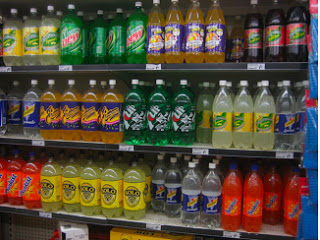This increase in fructose consumption correlates with a rise in the prevalence of hypertension and evidence from animal models suggests fructose can raise BP. In a cross-sectional study of 4,528 participants from NHANES without a history of hypertension, dietary fructose ≥ 74 g/d (corresponding to 2.5 sugary soft drinks) was independently associated with elevated SBP after adjusting for demographics, comorbidities, physical activity, total kilocalorie intake, and dietary confounders such as total carbohydrate, alcohol, salt, and potassium intake. Furthermore, in a prospective analysis of 810 adults by Chen et al. cutting out one sugar-sweetened beverage per day was associated with a 1.8/1.1-mmHg reduction in BP over 18 months after controlling for potential confounders.
How fructose might raise BP is not known, but an interesting hypothesis implicates uric acid metabolism. Unlike other sugars, fructose causes an increase in the production of uric acid in animal models. Hyperuricemia increases juxtaglomerular renin production and decreases macula densa neuronal NO synthase expression, causing renal vasoconstriction, sodium retention and increased BP. Persistent renal vasoconstriction and preglomerular microvascular disease leads to the development of salt-sensitive HTN, even after hyperuricemia is corrected. In addition, uric acid may induce vascular smooth muscle cell proliferation and preglomerular arteriopathy following its uptake via probenecid-sensitive urate-transport channels (URAT1) in vascular smooth muscle cells.
Although the investigators in the NHANES study above adjusted for diet, residual confounding may also explain the association between HFCS and HTN i.e. soft drinks go hand in hand with a burger and fries, leading to salt-loading. So, along with a low-salt diet or DASH, is it time to start recommending low-fructose diets to delay pre-hypertension, incident hypertension and metabolic syndrome?
Boonsong Kiangkitiwan M.D.



Rule one: coincidence is not causation. I dont think we have enough data to support low fructose diet yet.
On the contrary, there is lot more to the uric acid and kidney part that we are still missing. More and more data on reduction of uric acid is proving beneficial in CKD.
Personally i stay away from Fructose but thats personal choice and cant advocate without good evidence.
Thanks for the post, thought provoking.